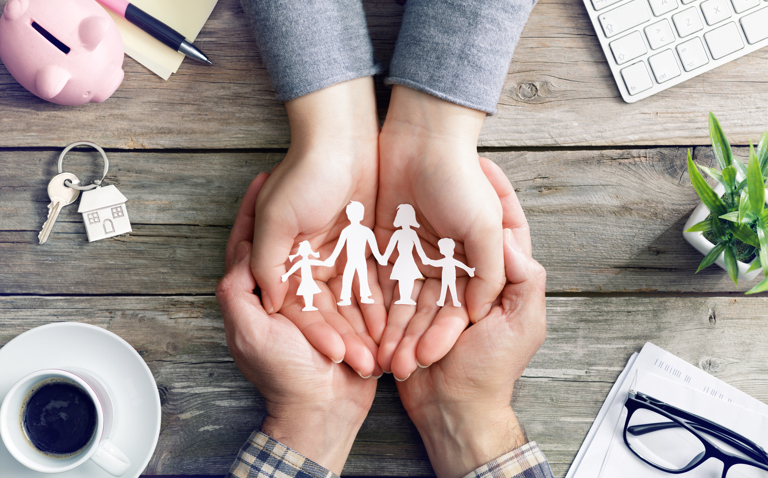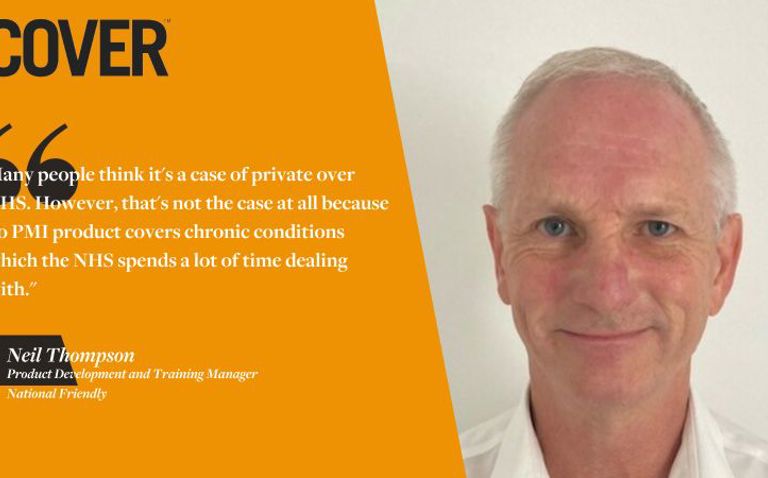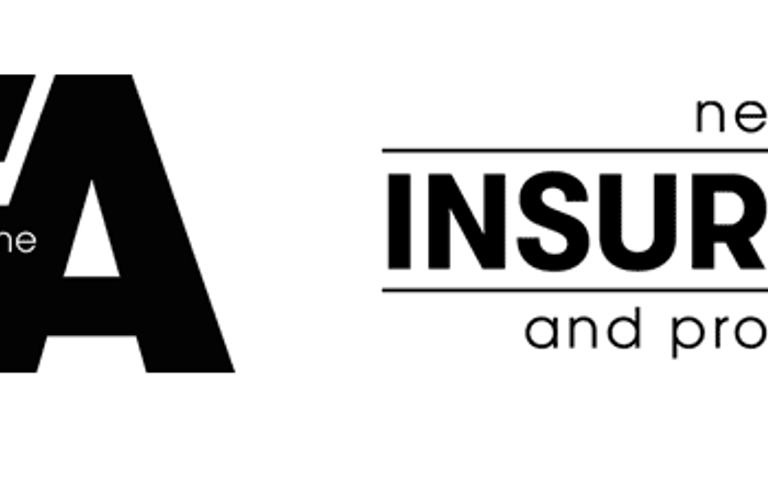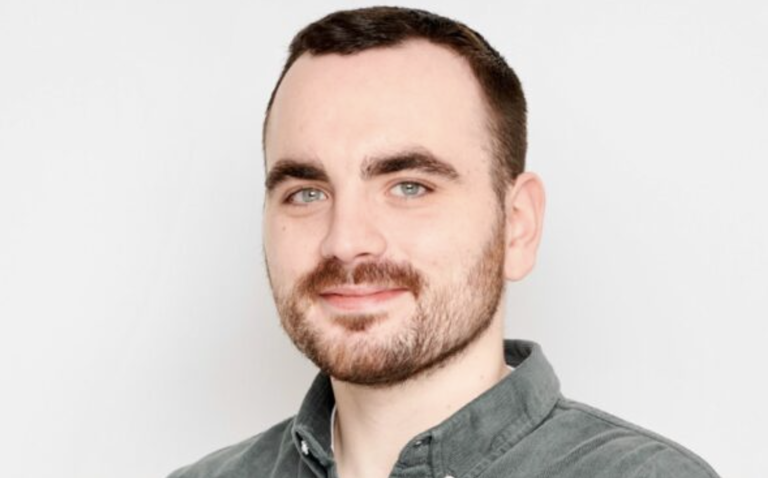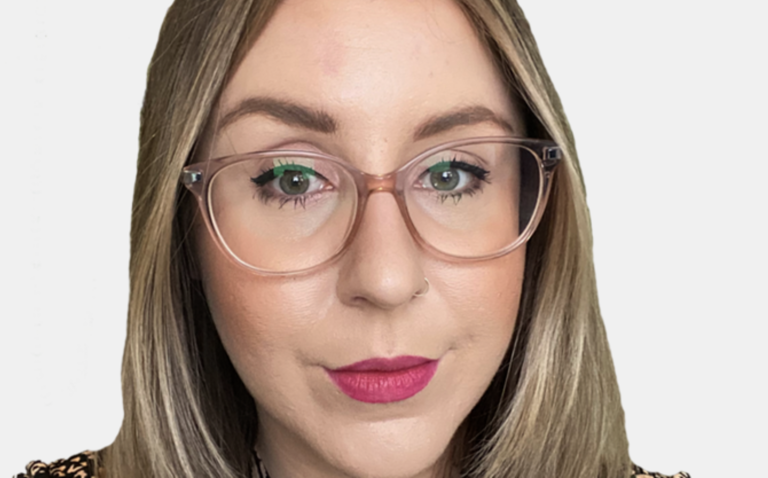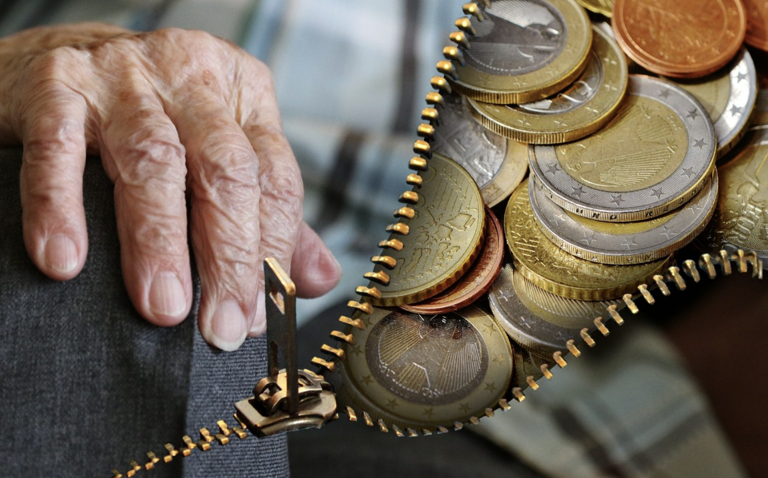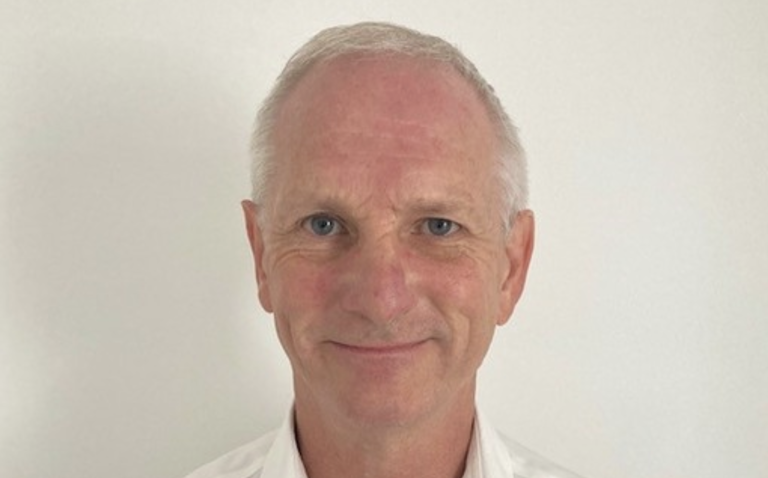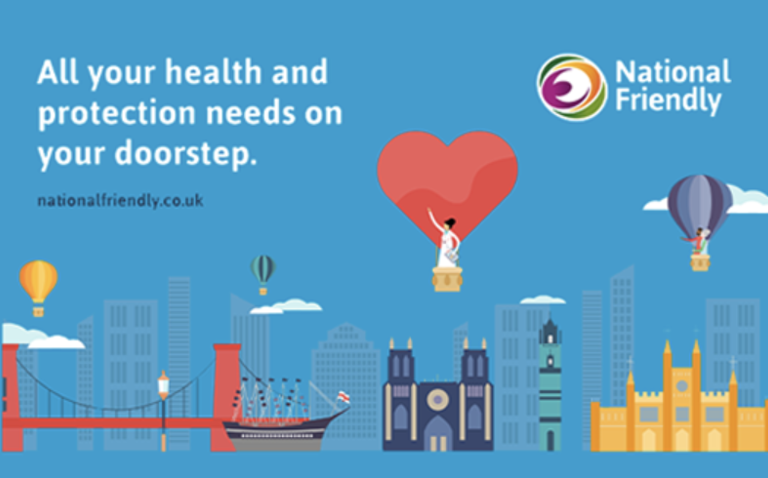here’s definitely a feeling of inclusivity now. For me, this is about feeling heard, when it comes to contributing ideas related to things that really matter to people and business. It’s also about feeling heard if you’ve had a negative experience and knowing that the appropriate procedures are in place.
It’s also about not experiencing any barriers; barriers that straight people would never probably experience. Such as feeling like you need to present a false version of yourself so you can fit in, and that if you do bring your whole self to work you may be overlooked for career advancement etc.
I think all of this is down to the culture of the organisation – whether its people are open and inclusive – and that needs to be role modelled from the top. It feels, in recent years especially, like there’s been a conscious effort by organisations in this sector to do this.
What is the sector doing well and where does it need to up its game?
As mentioned, I think the financial services sector has really caught up a lot on diversity and inclusion. For example, it’s the norm now to see LGBTQ+ networks in large organisations. And a conscious effort to ensure everyone has a voice.
On upping its game, I think there sometimes needs to be more focus in this sector of doing the right thing internally, before saying the right thing externally.
There’s a lot of effort on the part of some organisations to talk externally about how diverse and inclusive they are; about how they’ve perhaps done a pride march or supported an awareness month. At the same time though, we need to be cognisant that some companies – and I’m talking across sectors here – have been accused of pinkwashing.
A lot of questions are now being asked around: Are you really supporting your employees? Are you giving your people a voice? How many LGBTQ+ employees do you have in management roles?
So, I think it’s really important that companies get their own house in order first, then talk about things externally. Make sure it’s not a veneer of inclusivity, then a toxic culture underneath.
National Friendly has the opposite issue. It’s very inclusive, but we don’t talk about it enough externally.
We have people from LGBTQ+ communities in various roles and at different levels. For a small company, I think that’s really great.
Do you feel encouraged and enabled to bring your whole self to work?
Yes I do now, absolutely. But when I first started out in my career in this sector, perhaps not so. But, like I said, that’s more to do with me being reserved about my personal life to begin with. It was kind of a wait and see approach. I wanted to give myself time to feel safe to open up; to discuss things like what I’ve done at the weekend with my partner.
This kind of stuff might not seem very work related, but we all need to connect with each other on this kind of level, because it’s what helps build trust and collaboration.
In previous roles it’s taken me a few months to get there but once I have, I’ve only experienced good things in response.



